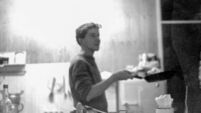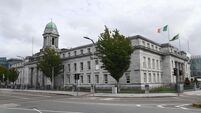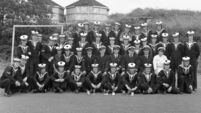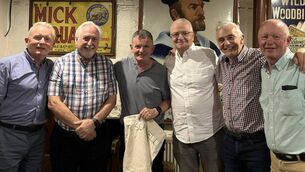My Cork father's role in Churchill's darkest hour
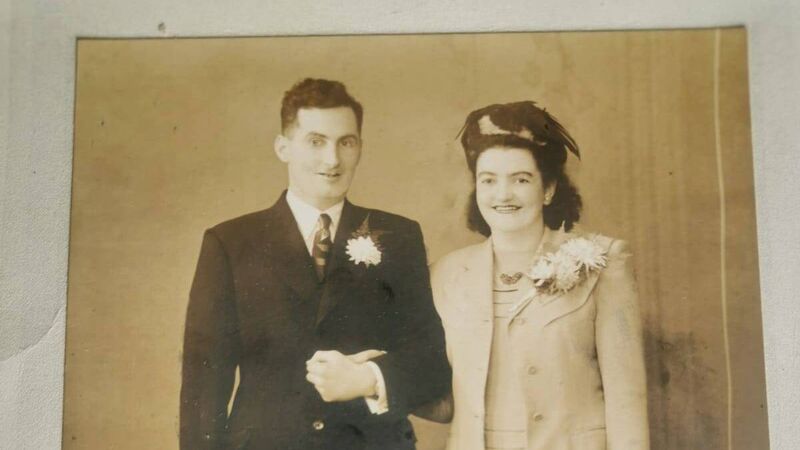
HISTORIC CONNECTION: John and Kathleen Mack on their wedding day in 1949
GROWING up in the bustling heart of Cork city in the 1950s, above Murray’s pub on the site of the current Bishop Lucey Park on the Grand Parade, Richard Mack had a happy upbringing.
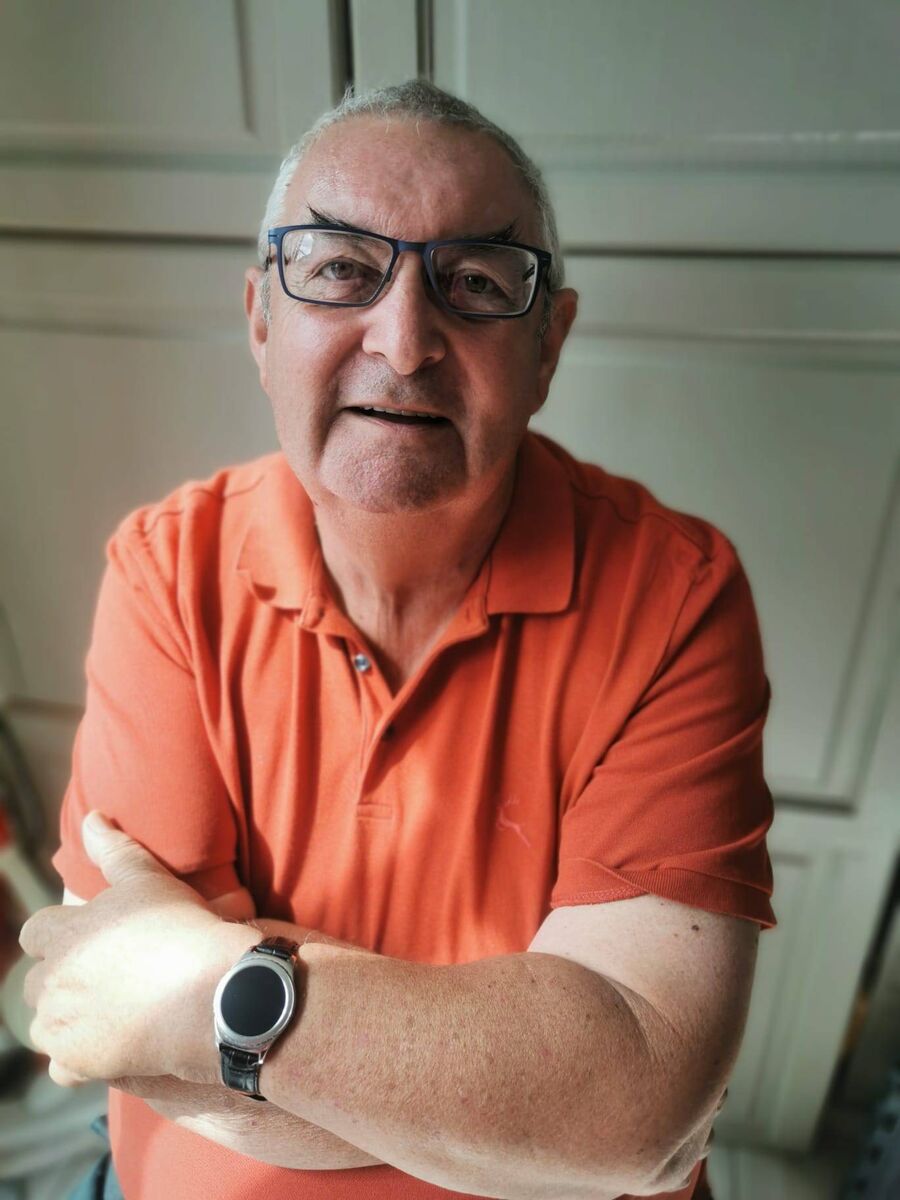
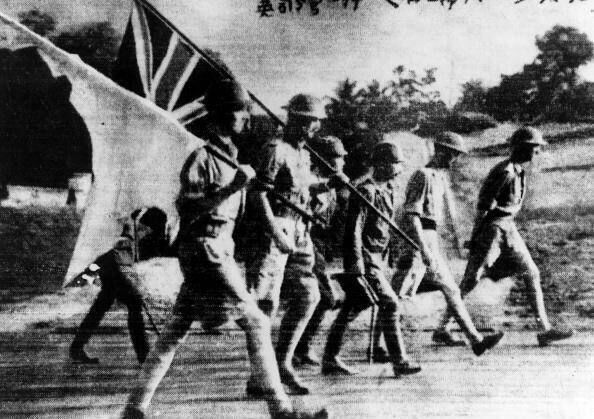
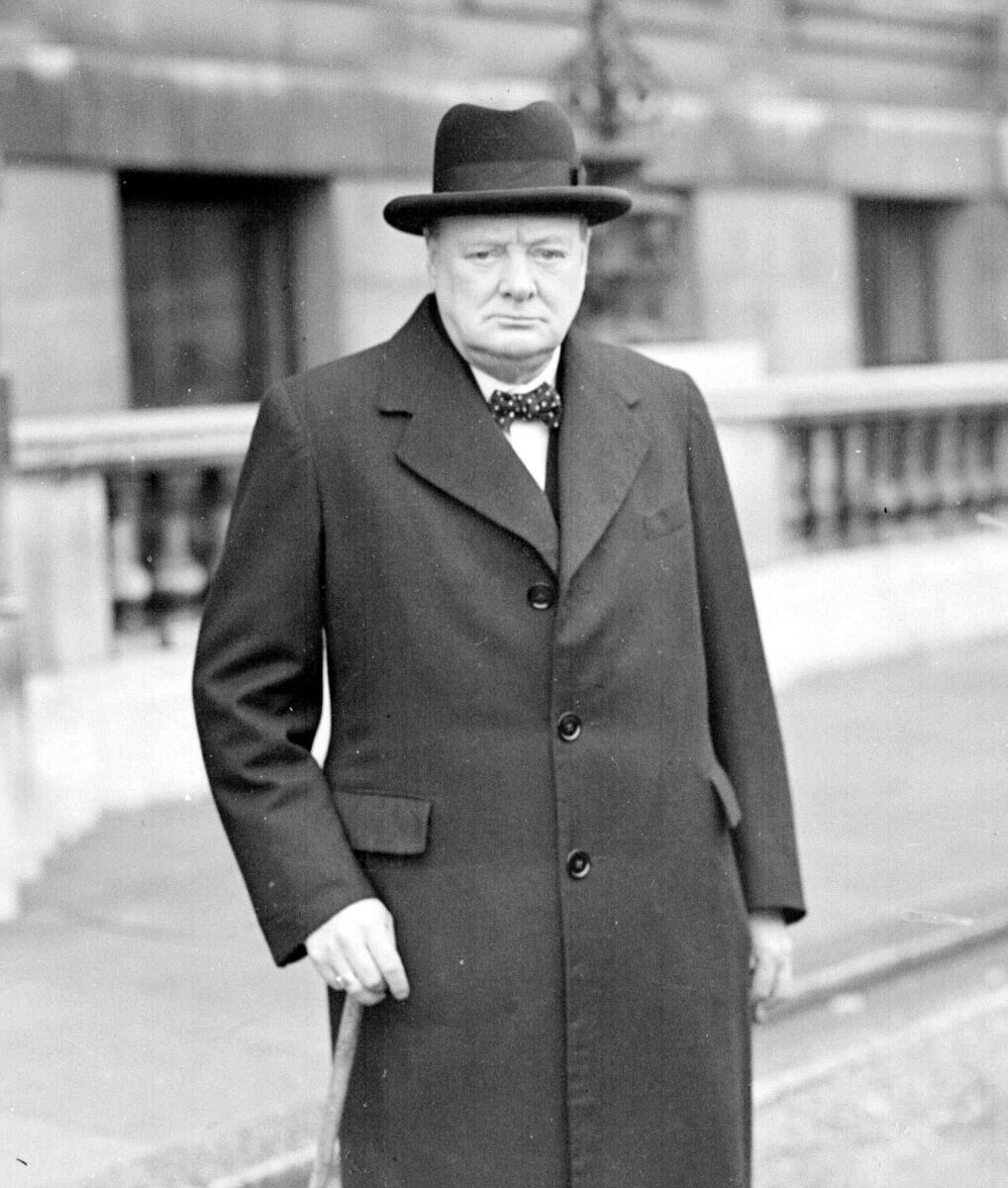
Vanquished General despised in 1920s Cork for his brutality
WHEN Corkman John Mack was handed that surrender note written by Arthur Percival in 1942, was he aware that, back home, the General had made himself one of the most despised figures in Irish history?
In 1920, during the War of Independence, Percival had been a company commander and later the intelligence officer of the notorious 1st Battalion of the Essex Regiment, based in Kinsale.
He proved a thorn in the IRA’s side, noted for his aptitude for intelligence-gathering and for the establishment of bicycle-riding ‘Mobile Columns’.
Multiple accusations of brutality were directed at him. IRA commandant Tom Barry later stated he was “easily the most vicious anti-Irish of all serving British officers”.
After the IRA killed an RIC sergeant outside Bandon church in July, 1920, Percival captured Ballinadee-born Tom Hales, commander of the IRA’s 3rd Cork Brigade, and Patrick Harte, of Knocknacurra, brigade quartermaster.
Both later claimed they were beaten and tortured in custody. Hales alleged a pair of pliers had been used on his lower body and to extract his fingernails. Harte suffered a brain injury and died in a mental hospital in 1925.
In a series of lectures on his experiences in Ireland, he stressed the importance of surprise and offensive action, intelligence-gathering, and maintaining security and co-operation.
He derided the British policy of releasing IRA prisoners from 1916-20, as they “immediately returned to their homes and organised the murder of those members of the RIC instrumental in effecting their arrests”.
Percival’s legacy in Ireland has divided historians. American J.B.E. Hittle wrote that of all the British officers in Ireland he “stood out for his violent, sadistic behaviour towards IRA prisoners, suspects and innocent civilians... He also participated in reprisals, burning farms and businesses”.
But Clifford Kinvig, Percival’s biographer, considered him to have been unfairly vilified by Republican propaganda due to his “tireless in his attempts to destroy the spirit of the people and the organisation of the IRA”.
Percival met Winston Churchill in 1921, when he was called as an expert witness during an inquiry into the Anglo-Irish War.
When he went against Churchill’s wishes in 1942 and surrendered Singapore, the Prime Minister called it “the worst disaster in British history”.
